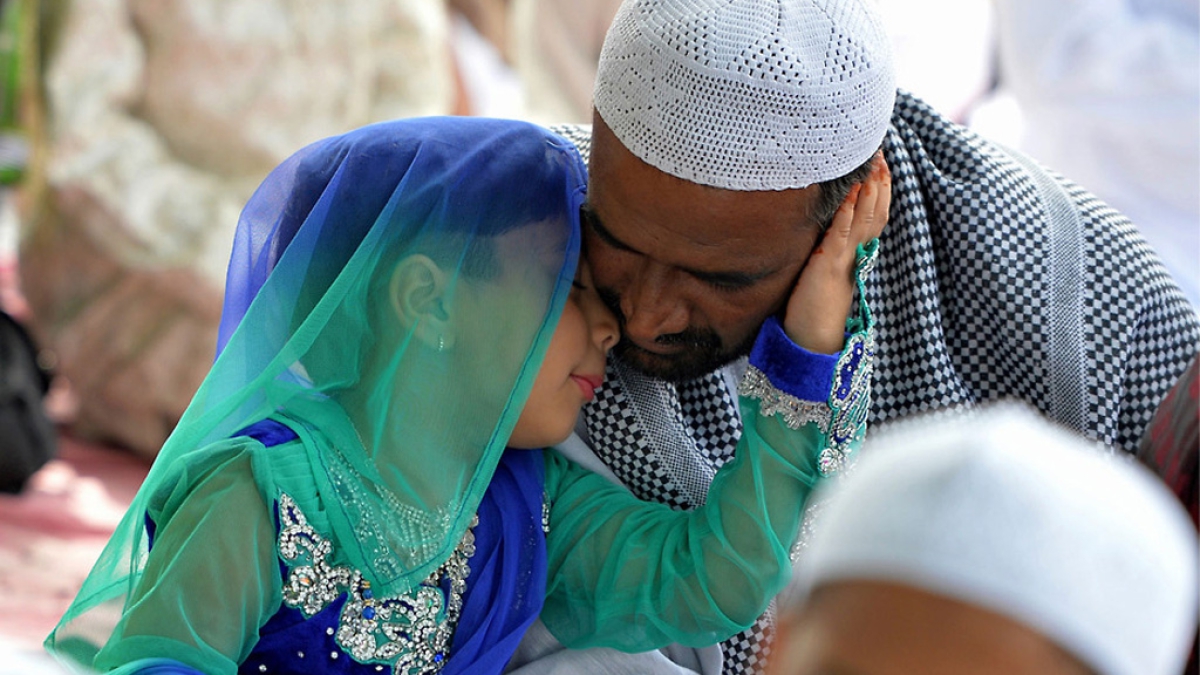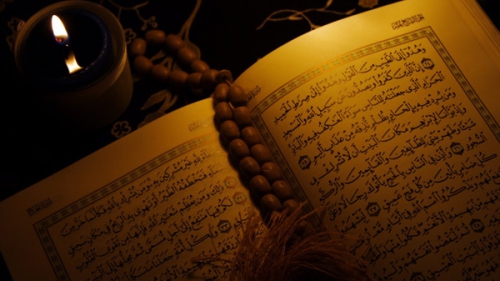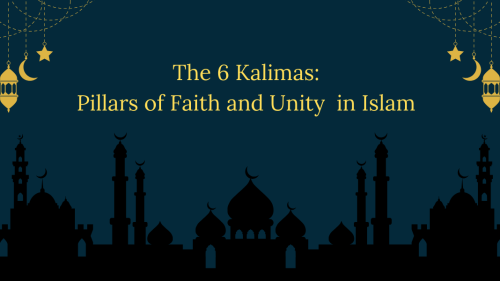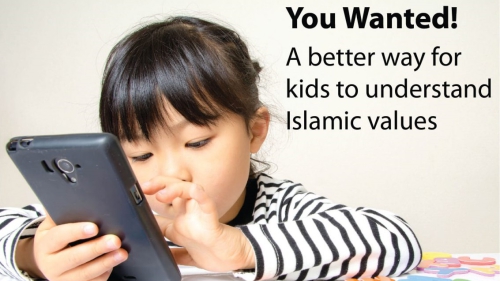Fatherhood in Islam

It is important for Muslims to have a discussion about fatherhood while keeping in mind the ever-fragile state of Muslim families. We need to re-assess the language we use and the ontological assumptions we make when we speak about the role of the father because often, the problem doesn't just lie with the crisis but the way we deal with it.
Muslims naturally feel inclined to place the mother at the centre of the process of raising children, unwittingly ignoring the father's role. Islamic tradition does stress the role of the mother. For example, when asked who a Muslim should love most, the Prophet Muhammad said, "Your mother, your mother, your mother and then your father." It is also said that paradise lies at the feet of the mother. As a result, we tend to focus on the father as an individual, not as someone who should and can play a central role within his family.
When we assess issues from an Islamic perspective, we categorise everything according to "rights" and "duties". We speak of the rights of the man, the rights of the woman, the duties of the man, the duties of the woman. This mentality is dangerous. It reduces issues to black and white, right and wrong absolutes. This approach is more prevalent than we realise. We must take from all the human sciences that can deal with family problems.
Another problem in our approach is the idealism. We speak about an idealised past and idealised families which have nothing to do with reality, whether it be now or the history of our ancestors. Muslims must realise we may be Muslims but we live in Western societies and therefore, face the same problems as other families.
There are various reasons why we are facing this crisis of the family.
Immigration
Immigration is a very difficult process because it involves uprooting oneself from a familiar cultural environment and transplanting oneself in a foreign land. Many immigrants fear that if they adapt to their host culture, they will lose their own. This rarely lasts because the peer pressure and constant bombardment of the host culture inevitably has an effect on children. We have to find healthier and more comfortable ways to effectively interact with the dominant culture.
Unemployment
Many Muslim fathers are unemployed. The inability to fulfill the traditional role of bread-winner and protector destroys the self-confidence of a father in a very profound way. This is not just a Muslim problem. In fact, many problems face by European-Muslim families have nothing to do with Islam so why do we remain afraid to search for solutions outside our faith?
What is the way forward?
We need to creatively tap into Islamic values for solutions because that is what Muslim families are most likely to be receptive to. The father is more than just an individual. He can play an important role, far beyond that of just the financial protector. The Prophet Muhammad himself was a role model as a father. When his own daughter would come to him, he would stand up out of respect for her, as people in traditional societies often do. We have forgotten these aspects of the Prophetic example. We are replacing these values with an obsession with enforcing rights and duties. That is what is destroying the spirit of the family.
But what does fatherly authority mean in the Islamic tradition? Is it all about saying yes or no to the actions of your children? Many fathers miss the opportunity to educate their children and accompany them through life. An absentee father spends long hours working or engaged in voluntary community service, at the expense of time with his family. Muslims keep saying the Islamic tradition cares for wholesome family life but Muslims themselves are having a difficult time upholding these values because we have lost our grasp of what it means to be a good Muslim and a good parent.
Fathers have poor relationships with their children. There is lack of dialogue, tenderness and affection. Also, feeling uncomfortable in his social surroundings can add to disengagement at home as he tries to grapple with his insecurities. We need local and dynamic social policies which will counter this problem. For example, in the Mauritan Islands, a scheme is underway whereby fathers are told their children will be taken care of if fathers attend training workshops several times a year.
Muslim families need to share experiences with those who share the same problems. We need to be open and learn from different sources, including non-Muslim ones. We need to take the best from mainstream psychology and social studies and incorporate these into solutions custom-made to help Muslim families. We don't necessarily have to integrate into society by abandoning our heritage but rather, integrate the positive things we learn from society into our lives.
What we need to do is not to name and shame mosques or families. Don't look for the guilty people - look for solutions. We need grassroots workers working between families and mosques, people who are rooted in Islam and connected to reality.
Resources on fatherhood: Fatherhood Institute
Dr. Tariq Ramadan (Born 26 August 1962, Geneva, Switzerland) is a Swiss academic. He is Professor of Contemporary Islamic Studies at Oxford University (Oriental Institute, St Antony's College ). He is also teaching at the Faculty of Theology at Oxford. He is at the same time Senior Research Fellow at Doshisha University (Kyoto, Japan). Through his writings and lectures he has contributed substantially to the debate on the issues of Muslims in the West and Islamic revival in the Muslim world. Visit www.TariqRamadan.com
Topics: Family, Fathers, Islam, Mothers
Views: 11536
Related Suggestions
This site is a site for people to broaden and enhance their knowledge about day to day activities. This srticle said it all. We most all embrace the divine injunction for us to able to discharge our fatherly responsibilities accurately. Islam encourages all and sundry tobe creative not lazy. The more we take our responsibilities the better image for Islam and muslim as a whole.
This site is my daily tonic.
What does the wirter mean by "fragile" Muslim families. In the third world and (also inthe west), peace, love and care in the family does exist in Muslims homes where Islam is practiced.
Distinction must be made between between name sake Muslims and Islam following Muslims in any study involving Islam and Muslims.

















